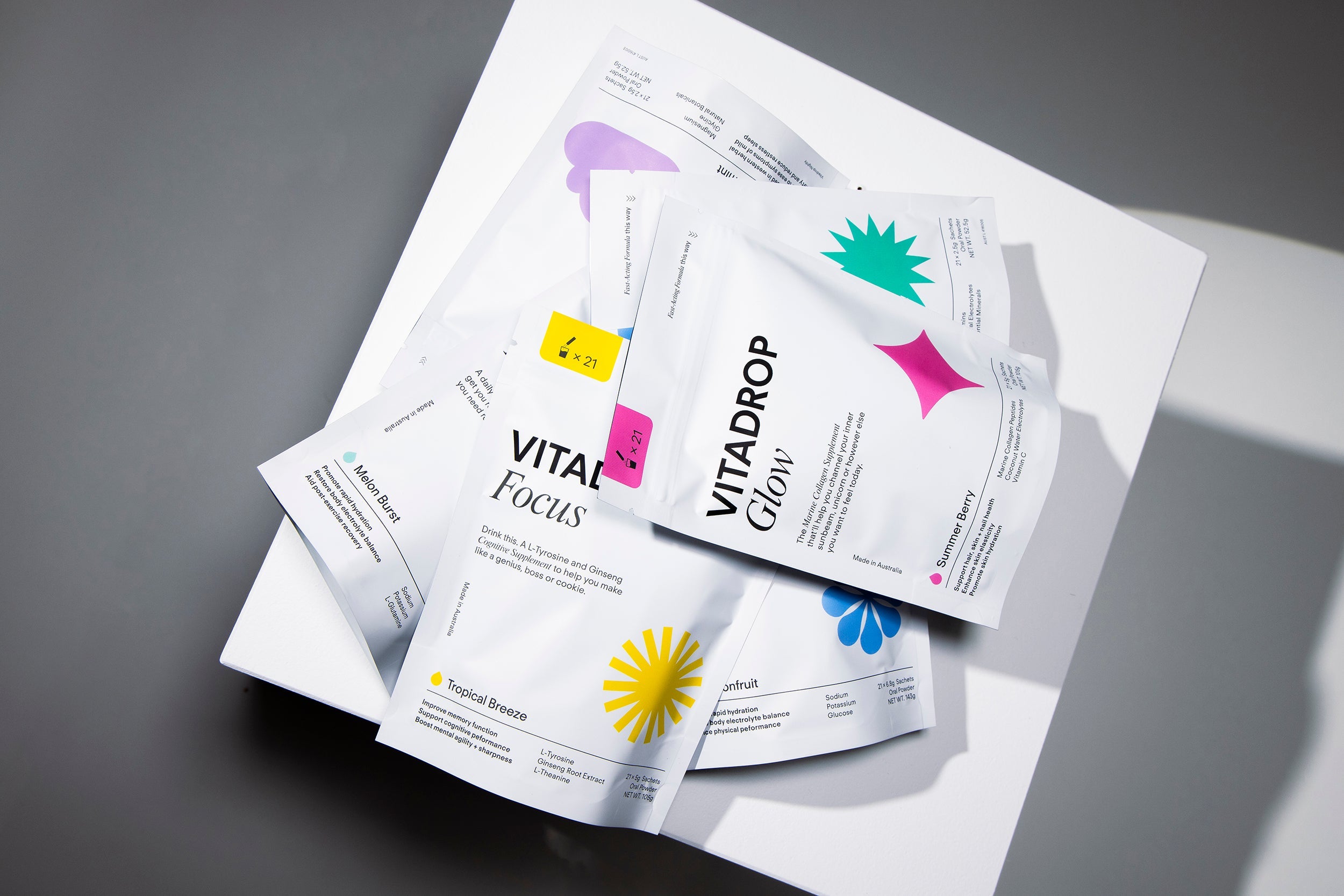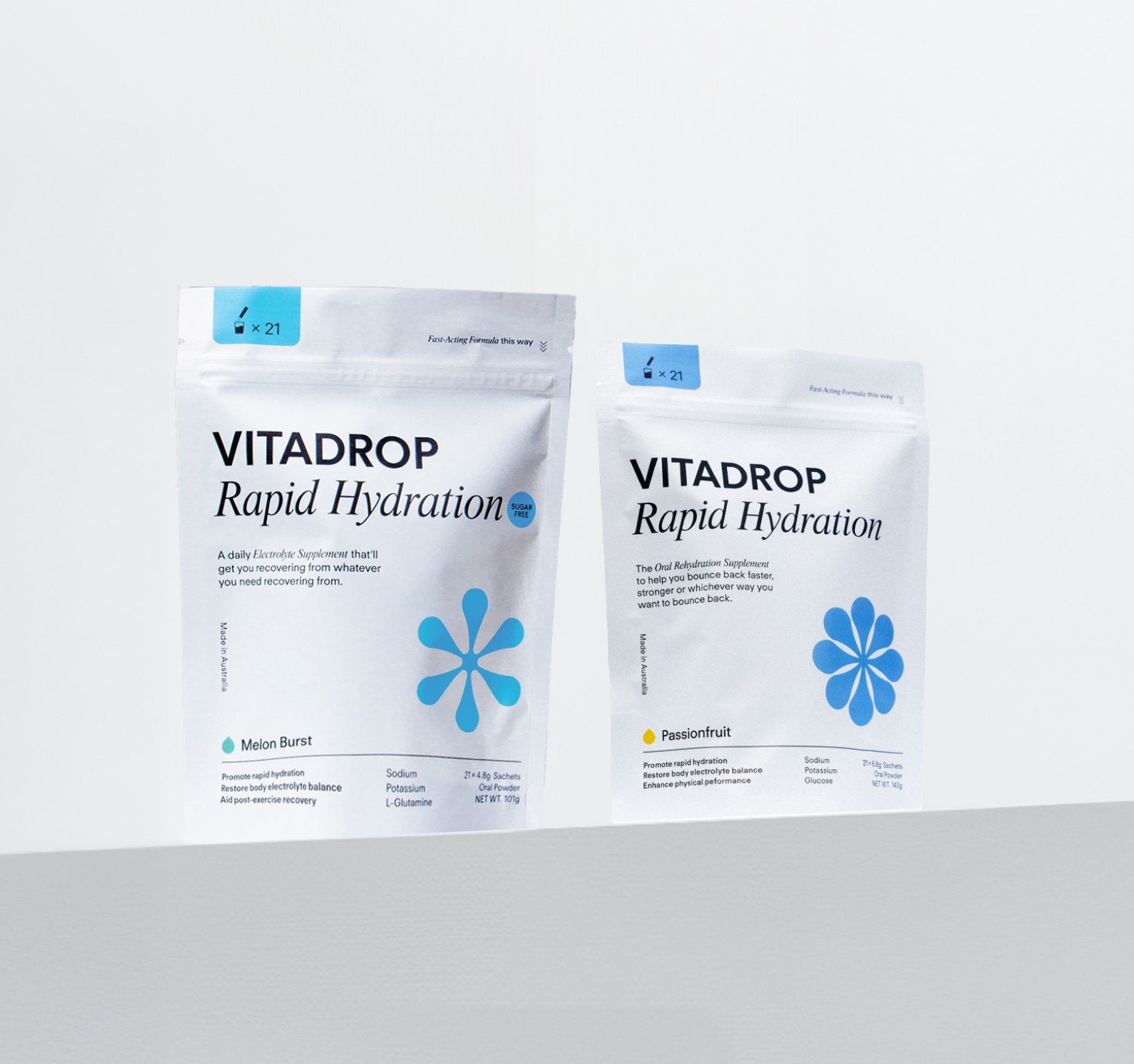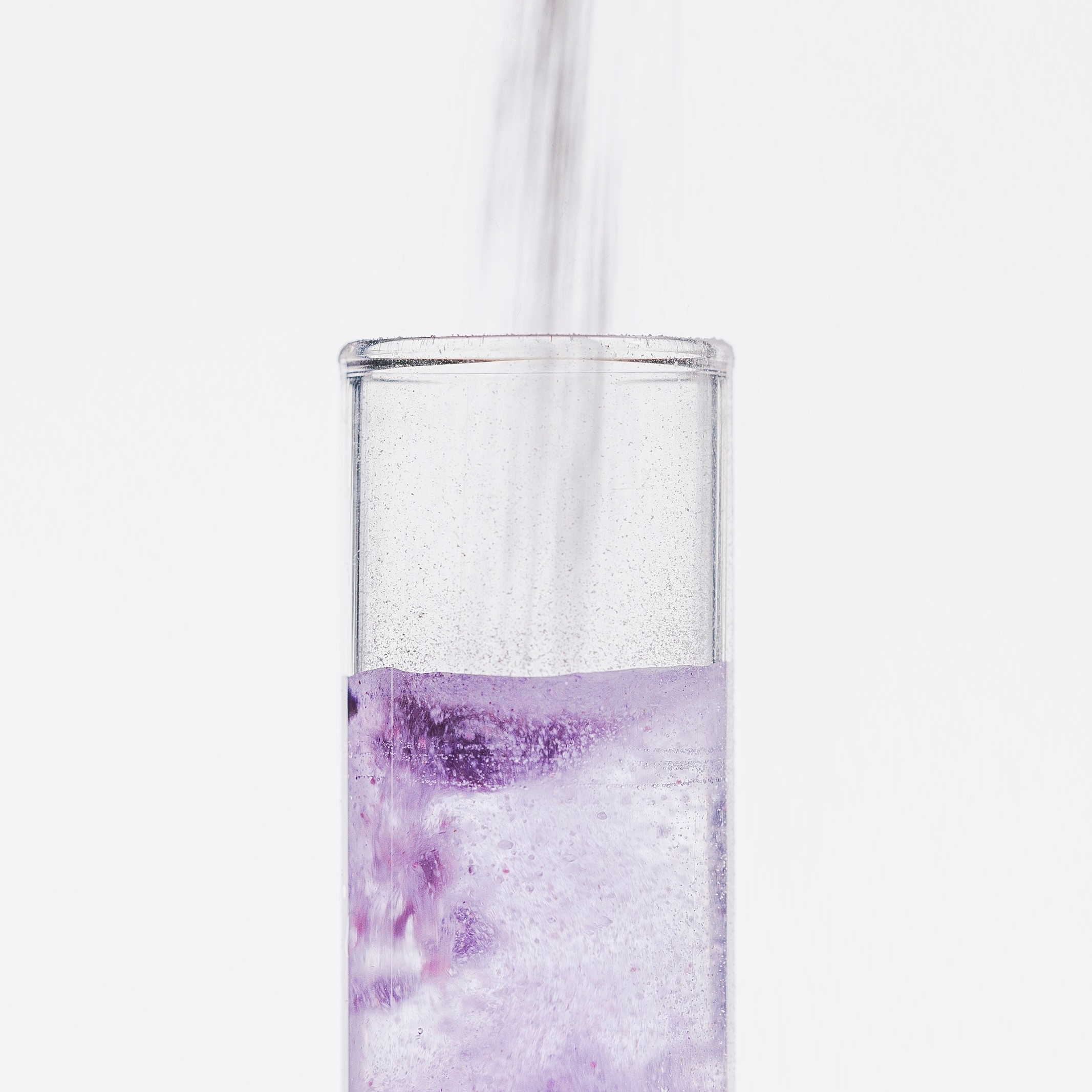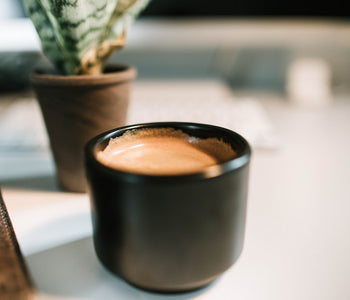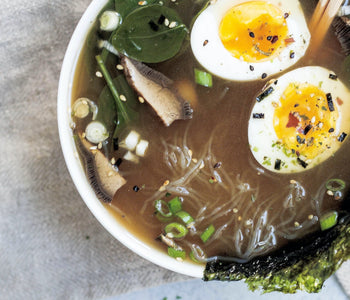Annie Nilsson - Sept 11 2020
Small Steps to Reduce Your Plastic Pollution

According to the World Economic Forum, by 2050 the ocean will contain more plastic than fish pound for pound. Despite recent groundbreaking inventions that have successfully helped to clear the littered seas, plastic continues to end up in our oceans.
Every year, more than 100 million marine animals are killed as a result of plastic debris in the ocean. With only 9% of plastic being recycled, that’s 91% that’s still put into landfill.
With growing concern for our environment, many of us are making changes to our everyday routines to reduce our use of single use plastics. We’re all about the big impact of small changes. Not to say big changes aren’t great too, but for those who aren't as well versed as you climate warriors out there, you might be wondering what you can do to help.
So, we’ve put together a list of incremental changes you can make in your daily routine that are sure to have a positive impact on our environment.
Reusable bags
5 trillion plastic bags are produced every year, and while Woolworths was responsible for a chunk of it at 3.3 billion, this unfortunately doesn’t include packaging or the thousands of other retail outlets around Australia.
While the two supermarket chains have banned single-use plastic bags, Woolworths and Coles have introduced more durable, and reusable (still) plastic bags made from 80% recycled plastic for 15c each. Unfortunately, it is plastic, and most of them (91%) will still end up in landfill.
Sure, it’s an improvement, but far from a sustainable solution, so we need to do our part.
Bringing your own reusable bags not only for your weekly shop, but while shopping for clothes and other items can have a monumental impact on how much plastic you go through each year. Many of these reusable bags fold up into your wallet or hand bag, so you don't have to worry about forgetting them.
Use your own water bottle
A reusable water bottle can mean 150+ single-use plastic bottles saved from our environment and t’s becoming increasingly accessible to refill our water bottles on the go.
Either at work, or at a restaurant, and for our fellow Melbourne fam, we have three filtered, water refill fountain art sculptures - one in Alma Park, and two at District Docklands.
Our 500ml thermos bottle is the ideal addition to your routine, keeping your drop cold during the scorching Aussie summer.
Buy fresh bread!
Fresh is best. Not only does it taste way better, but it often contains more wholesome ingredients than its mass produced counterpart. You can choose to purchase your loaf in a paper bag, or in your own reusable bread bag.
Skip the straw
Straws are one of the biggest contributors to landfill, and one of the top 10 items found during beach clean ups, but there's such a simple solution.
Alternatives made from bamboo, glass, and stainless steel are readily available across major retail outlets like Kmart.
Given they’re only a ‘nice-to-have’ and not a necessity, we can make a big impact with little inconvenience by saying no to plastic straws. If you don’t have a reusable option, opt for no straw when out, or getting take away.
Second hand clothes are another great way to reuse and reduce plastic production.
A lot of synthetic and hybrid materials in your clothes are made from plastic. If second hand clothes aren’t your thing, donating the clothes that you no longer wear are a great way to give them a second life, and prevent them from ending up in landfill.
Buy in bulk
You can buy nuts, dried fruit, seeds, flour, spices, legumes, coffee, grains and more from bulk bins.
Bulk foods stores, groceries, farmers markets, health food stores and even online options give you the chance to shop conveniently, with brands that use paper, glass and sustainable packaging.
Eat more plants
Purchasing more fresh produce isn’t just great for your health. Moving towards fresh food, and away from packaged foods is a way to reduce plastic pollution.
Be mindful when purchasing fruit and veg however - supermarkets have a nasty habit of unnecessarily packaging fresh produce so try and stick with plastic free options. Often, purchasing unpackaged fruit and veg is cheaper too!
At the end of the day, we all know we vote with our dollars.
Choosing sustainable businesses is a great way to cut down your single use plastics, without the fuss. So, why not choose brands that use sustainable materials and leave reviews stating how much this means to you? The more we emphasise this as a competitive advantage for businesses, the more their competitors will follow suit (we’ve added solar panels to our office FIY)
For brands not yet using sustainable practices, ask them to do better. Being vocal is the best way to start a change in the right direction.
What are you waiting for?
Article credit :
http://www3.weforum.org/docs/WEF_The_New_Plastics_Economy.pdf
https://www.theoinitiative.com/
https://conserveturtles.org/information-sea-turtles-threats-marine-debris/
https://nutrientavenue.com.au/blogs/news/reduce-plastic-pollution-protect-the-environment
https://better.net/philanthropy/get-involved/plastic-straws-harming-oceans-marine-wildlife-skip-the-straw-2/
https://www.vfma.org.au/Main/Markets/Main/Markets/FarmersMarkets.aspx?hkey=cd2e5c33-81bc-4e38-9b5c-98cec795d18e

